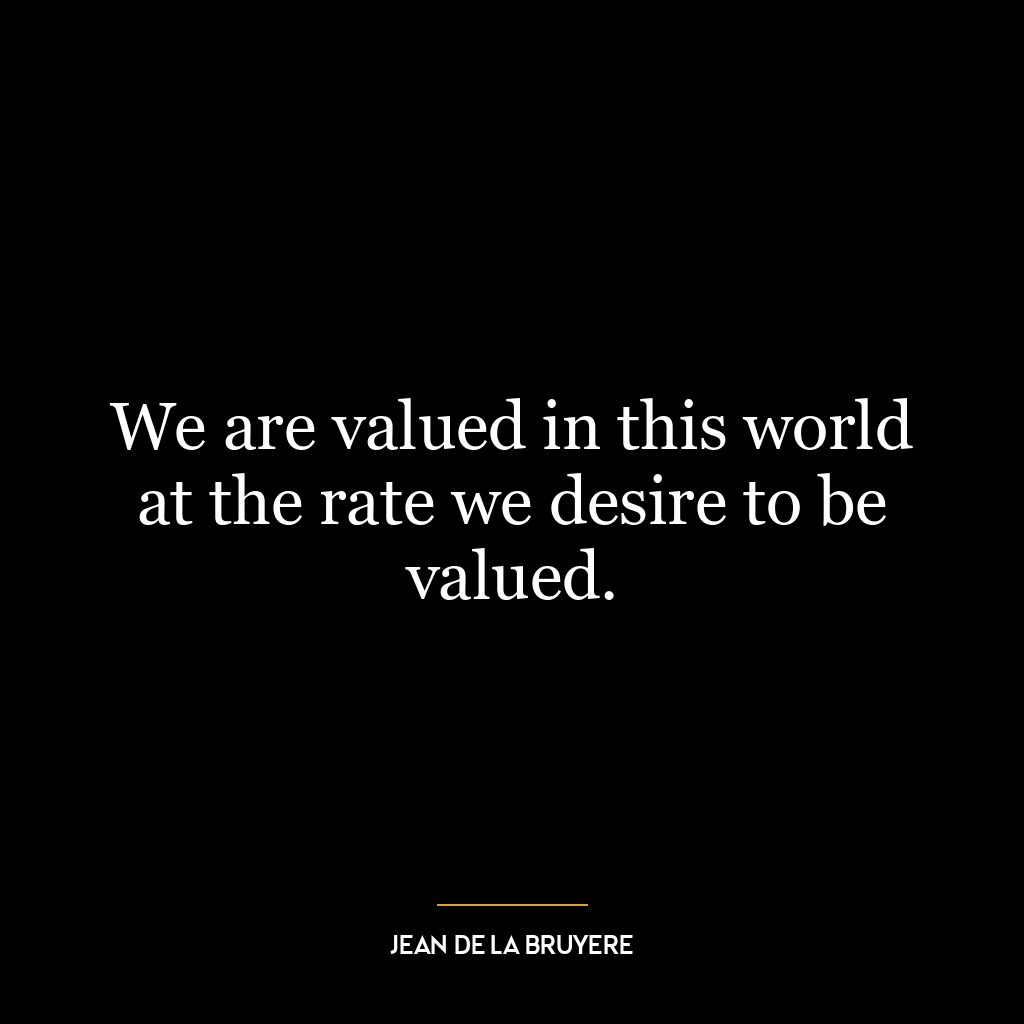This quote is a humorous yet insightful commentary on the structure and dynamics of opera narratives. In most operas, the tenor (a male singer with a high voice) and soprano (a female singer with a high voice) are often portrayed as lovers or potential lovers. The baritone (a male singer with a medium-range voice) typically plays the role of an antagonist who obstructs their love in some way.
The quote encapsulates how conflict, represented by the baritone, is fundamental to any story or narrative art form like opera. Without conflict, there would be no drama or tension to captivate audiences. The ‘baritone’ could represent anything from societal norms and expectations to personal insecurities or rival suitors – anything that keeps our ‘tenor’ and ‘soprano’ apart.
In terms of application in today’s world or personal development, this idea suggests that obstacles are not only inevitable but also essential for growth and progress. Just as an opera needs its baritone to create drama and move the plot forward, life requires challenges for us to overcome in order to grow stronger or more resilient.
In relationships specifically, conflicts can serve as catalysts for deeper understanding between partners if they are navigated properly. Similarly, in personal development journeys – whether it’s pursuing a career goal or developing a skill – obstacles often force us out of our comfort zones which ultimately leads us towards growth.
However, it’s important not just to understand this concept but also how we react when faced with these ‘baritones’. Do we give up easily? Do we face them head-on? Our reactions determine whether these conflicts become stepping stones towards success or barriers that hinder our progress.
So while Shaw’s quip may seem like simple humor about operatic conventions at first glance; it carries profound wisdom about life’s trials and tribulations which can be applied universally across different aspects of contemporary living.













